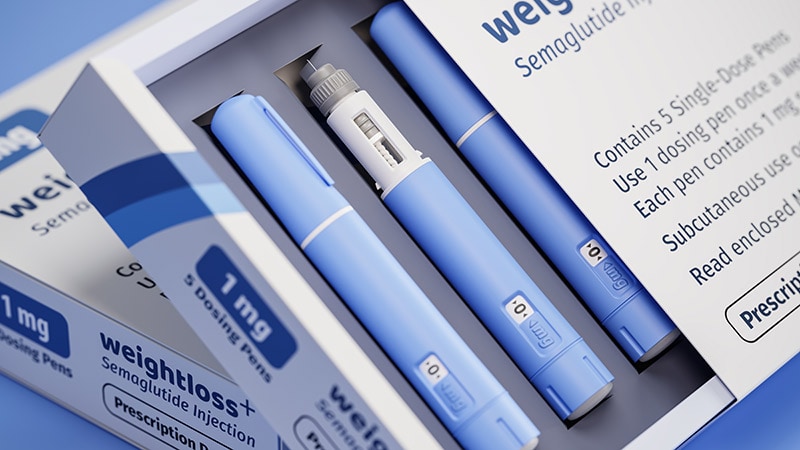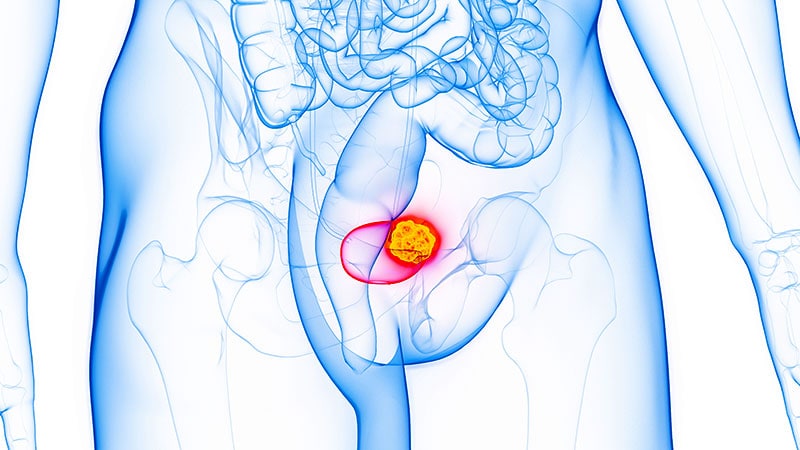— 68% of patients who received omalizumab tolerated a single dose of peanut after 16-20 weeks
by
Shannon Firth, Washington Correspondent, MedPage Today
February 16, 2024
The FDA approved omalizumab (Xolair) injection, the first medication to help reduce allergic reactions to multiple foods after accidental exposure, the agency announced Friday.
A monoclonal antibody, omalizumab is indicated for the treatment of immunoglobulin E (IgE)-mediated food allergy in adults and children 1 year and older, to help reduce certain allergic reactions, including the risk of anaphylaxis, following accidental exposure to one or more foods.
Omalizumab was originally approved for the treatment of moderate to severe persistent allergic asthma in 2003. It is also approved to treat chronic spontaneous urticaria and chronic rhinosinusitis with nasal polyps.
“This newly approved use for Xolair will provide a treatment option to reduce the risk of harmful allergic reactions among certain patients with IgE-mediated food allergies,” said Kelly Stone, MD, PhD, associate director of the Division of Pulmonology, Allergy, and Critical Care at FDA’s Center for Drug Evaluation and Research. “While it will not eliminate food allergies or allow patients to consume food allergens freely, its repeated use will help reduce the health impact if accidental exposure occurs.”
The approval was supported by data from a multicenter, double-blind, placebo-controlled trial of 168 adult and pediatric patients allergic to peanut and at least two other foods, including milk, egg, wheat, cashew, hazelnut, or walnut. At the end of the 16-to-20-week treatment course, 68% of the patients who received omalizumab were able to eat the single dose of peanut protein (≥600 mg or about 2.5 peanuts) without moderate to severe allergic symptoms — such as whole body hives, persistent coughing, and vomiting — compared with 6% of those who received placebo.
However, the FDA pointed out that 17% of patients given omalizumab saw “no significant change in the amount of peanut protein tolerated.”
The agency recommended that anyone taking omalizumab continue to avoid foods to which they have an allergy.
Regarding secondary outcomes, 42% of patients who received omalizumab managed to tolerate a single dose (≥1,000 mg) of cashew without a moderate to severe allergic reaction compared with 3% of the placebo patients; 66% were able to tolerate milk versus 11%, respectively; and 67% were able to tolerate egg compared with 0%.
“The stress of living with food allergies can weigh heavily on people and their families, particularly when navigating events like children’s birthday parties, school lunches, and holiday dinners with friends and family,” said Kenneth Mendez, president and CEO of the Asthma and Allergy Foundation of America, in a press release from drugmaker Genentech. “Given the growing prevalence of food allergies, this news offers hope to the many children and adults who may benefit from a new way to help manage their food allergies.”
The most common side effects with omalizumab were injection site reaction and fever. Labeling of the drug includes warnings and precautions, including for malignancy, fever, joint pain, rash, parasitic (worm) infection, and abnormal laboratory tests.
Omalizumab also includes a boxed warning for anaphylaxis, based on premarketing and postmarketing reports of incidence of anaphylaxis following omalizumab administration. Omalizumab must only be started in a healthcare facility equipped to respond to anaphylaxis; however, self-administration may be appropriate if the initial treatment is tolerated.
The drug is contraindicated for those with a known history of severe hypersensitivity to omalizumab or any of its ingredients. It is not approved for immediate emergency treatment of allergic reactions, including anaphylaxis.
![author['full_name']](data:image/svg+xml;base64,PHN2ZyB4bWxucz0iaHR0cDovL3d3dy53My5vcmcvMjAwMC9zdmciIHdpZHRoPSI1MCIgaGVpZ2h0PSI1MCIgdmlld0JveD0iMCAwIDUwIDUwIj48cmVjdCB3aWR0aD0iMTAwJSIgaGVpZ2h0PSIxMDAlIiBzdHlsZT0iZmlsbDojY2ZkNGRiO2ZpbGwtb3BhY2l0eTogMC4xOyIvPjwvc3ZnPg==)
Shannon Firth has been reporting on health policy as MedPage Today’s Washington correspondent since 2014. She is also a member of the site’s Enterprise & Investigative Reporting team. Follow
Note: This article have been indexed to our site. We do not claim legitimacy, ownership or copyright of any of the content above. To see the article at original source Click Here



![author['full_name']](https://clf1.medpagetoday.com/media/images/author/shannonFirth_188.jpg)










